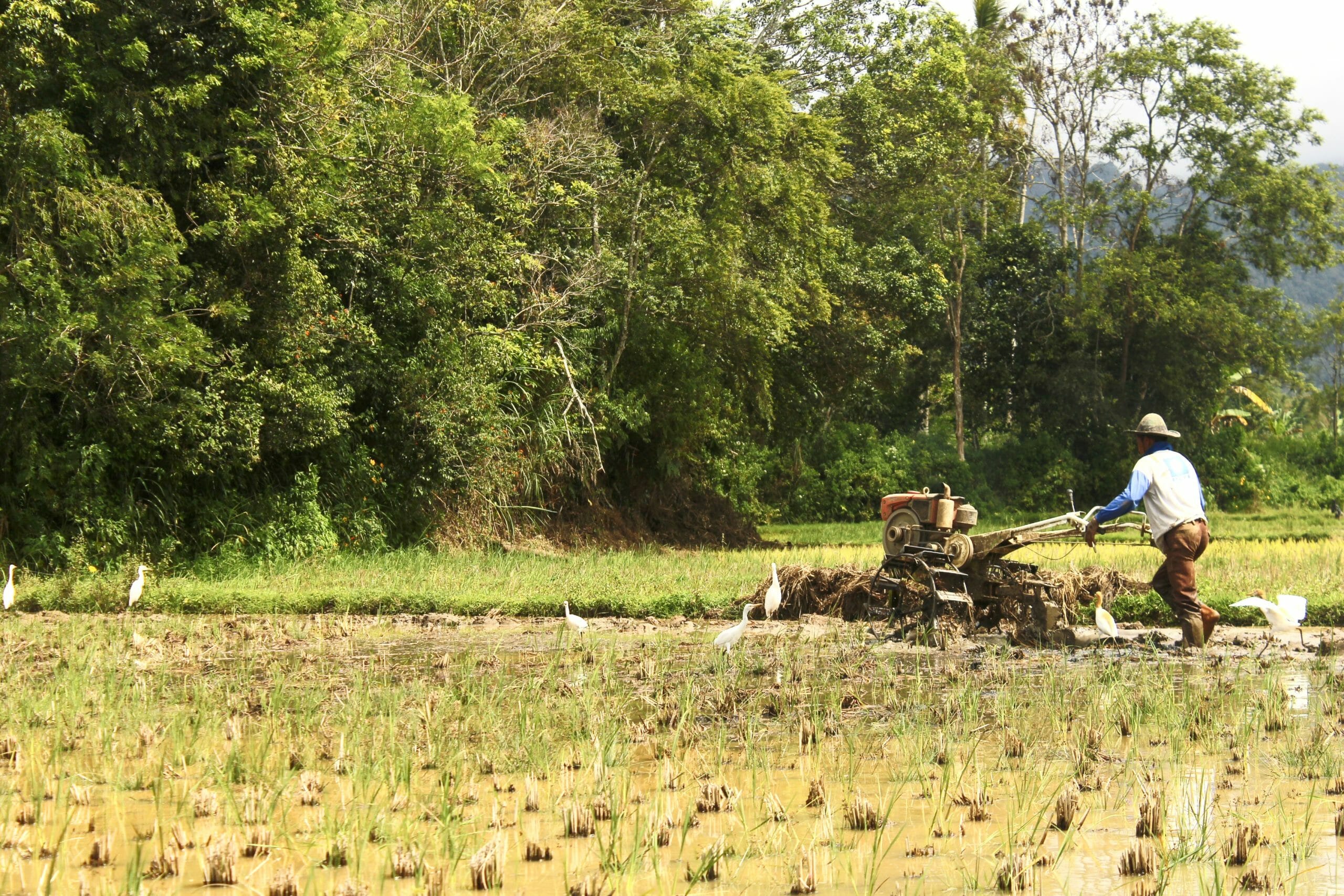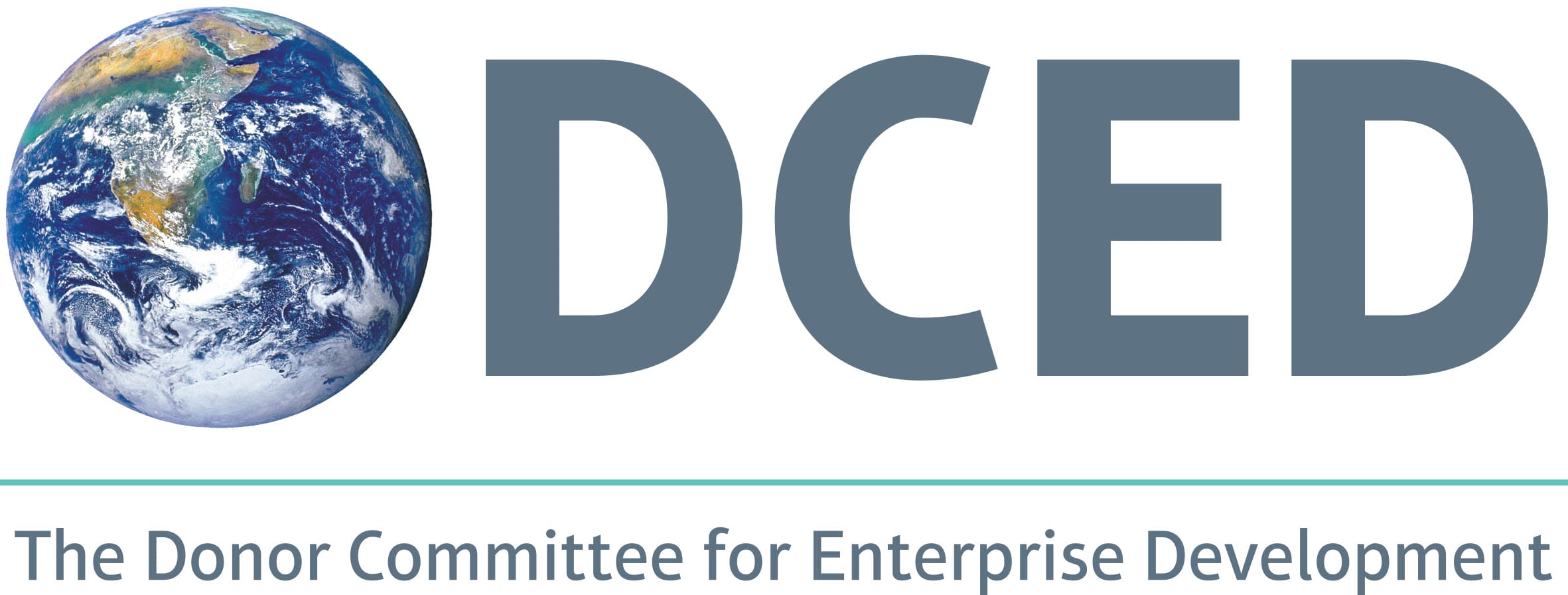In the Private Sector Development community, ‘Value Chain Development’ (VCD) refers to an approach which takes a product or commodity as the basis for analysis; most often, the product is agriculture-based.
Users of the approach analyse the whole trajectory for that product, from inputs through farming, harvesting, processing and transport, to sale to the consumer. The analysis helps users to identify interventions that help producers and traders to meet market demand – in more pro-poor ways. Users typically take a systemic perspective, aiming to address the root causes of market malfunction (rather than being a solution in search of a problem). This is likely to require a wide range of technical skills and the ability to manage an initiative that involves many stakeholders.
This page references selected key documents and guidance. For more specific resources on making supply chains more sustainable and resilient in light of the COVID-19 pandemic, please refer to the DCED knowledge page on Promoting economic recovery and resilience in the context of COVID-19.
 Briefing paper
Briefing paper  Introductory video
Introductory video
An introduction to value chain structure and dynamics, and some lessons learned for VCD.
A three-minute video outlining the ILO’s approach to VCD.
Digital approaches to VCD
- The use of IT solutions in inclusive value chains, Endeva and Fundes, 2019
- Super Platforms: Connecting Farmers to Markets in Africa, Mercy Corps/MCF/CGAP, 2018
- Cross-Border Value Chain Development: A Rough Guide to Market Systems Development for Decent Work, ILO, 2022
- Value Chain Development for Decent Work. A systems approach to creating more and better jobs, ILO, 2021
- How-to information for those designing or implementing a value chain project, USAID Marketlinks
- Working with Smallholders: A Handbook for firms building sustainable supply chains, IFC, 2019
- Do Global Value Chains Enhance Economic Upgrading? A Long View, The Journal of Development Studies, 2019
- Manual on Sustainable Value Chain Development: Volume 1 – Analysis, Strategy and Implementation and Volume 2 – Solutions, ValueLinks, 2018
- Value chain development with the extremely poor: evidence and lessons from CARE, Save the Children, and World Vision, Journal on Enterprise Development and Microfinance, 2017
- Innovation for Inclusive Value-Chain Development Successes and Challenges, IFPRI., 2016
- Guides for VCD: A comparative review, CTA, 2016



Methodological advice
Note that the DCED Standard for results measurement is widely used by VCD programmes.
- ValueLinks Manual, Volume 2, 2018 (see Module 11)
- How to monitor progress in value chain projects, IFAD, 2016
Evaluations
- IFAD’s Engagement in Pro-Poor Value Chain Development. Corporate-Level Evaluation, IFAD, 2019
- DFID Commercial Agriculture Portfolio Review: Final Report, IMC Worldwide for DFID, 2019
- Evaluation of Danida support to Value Chain Development, 2016
- Evaluating value chain interventions: A review of recent evidence, CGIAR 2014
Agency sites for VCD
- European Commission: Value Chain Analysis for Development (VCA4D). Includes a methodological framework and 29 VCAs (November 2020)
- FAO’s Sustainable Food Value Chains Knowledge Platform. Hosts documents from many agencies.
- ILO’s Value Chain Development home-page
- SDC: Value chains and cluster development – Improved access to local, regional and global markets
- SDC’s Shareweb knowledge page on Value Chain Development
- USAID: Overview of the Value Chain Approach, MarketLinks
Examples of multi-stakeholder alliances based on value chains
For an overview of Engaging the private sector through multi-stakeholder platforms (DCED, 2017), click here.
- International Women’s Coffee Alliance
- ComCashew (previously the African Cashew Initiative)
- The Better Cotton Initiative
- The Farm-gate Cocoa Alliance
Photo credits: Drik/Katalyst
